
Abu Dhabi, United Arab Emirates: Beyond2020, the UAE-driven humanitarian initiative, has expanded its global reach with its first deployment in Latin America. An estimated 2,000 people in the Yarinacocha district of Ucayali, Peru, are being trained to operate an innovative aquaponics system recently deployed there, which will significantly improve food security for more than 5,000 indigenous people while also preserving the region’s rich biodiversity.
Beyond2020 appointed INMED Partnerships for Children, an international non-profit humanitarian development organisation and a 2020 Zayed Sustainability Prize finalist under the Food category, to deploy its commercial-scale aquaponics system (Aquaponics® Social Enterprise Model) on the campus of Peru’s largest indigenous teacher training institute, the Center of Excellence of the Bilingual Higher Pedagogical Institute of Yarinacocha (Instituto Superior Pedagógico Bilingüe de Yarinacocha).
H.E. Mohamed Abdulla Ali Khater Alshamsi, UAE Ambassador to Peru, said: “The Beyond2020 project in Peru offers the indigenous people of Ucayali a sustainable, fully-rounded solution spanning clean energy, food production and water. It brings long-term social and economic benefits through a focus on promoting knowledge exchange and training that aims to equip the local community with the skills and know-how needed to further advance their economic development. The deployment also notably addresses climate change, not only in terms of the solution itself, but also by building community awareness on the power of aquaponics to mitigate its worst effects on indigenous people and beyond.”
The INMED Aquaponics® Center combines fish farming (aquaculture) with vegetable production (hydroponics) in a closed circulation system that grows organic vegetables at a production rate 10 times higher than traditional crop production, while using 90% less water and 75% less energy than conventional, mechanised agriculture. The Center produces food year-round; it is climate resilient and adaptable to any space constraints. The harvests will provide food for the local primary school and surrounding community, increasing the nutritional value of school meals and dietary diversity for students. It is the first aquaponics center in the Peruvian Amazon and the first completely solar-powered facility in the region.
The Center also offers technical workshops and training to foster the development of technical skills in local students, teachers-in-training, educators, researchers, and community members.
The solution comes as part of a wider effort to support the local indigenous population in remote parts of Ucayali who suffer from high rates of food insecurity caused by human-induced soil erosion and deforestation.
The Covid-19 pandemic has further compounded these issues. Ongoing school closures have affected school feeding programmes and increased hunger for some. As in other parts of the world, the pandemic has further magnified the need for adaptive food production systems that can be effectively optimised to changing conditions.
H.E Mohamed Saif Al Suwaidi, Director General of ADFD, said: “ADFD is a proud partner of the Beyond2020 initiative, which supports developing countries in achieving sustainable economic growth. Through this deployment, we have provided a sustainable, modern solution and tool for indigenous communities in Peru to combat food insecurity. While Peru has made great progress in recent years to improve food security throughout the country, those communities in remote areas are the highest at risk to food security and nutrition challenges. The installation of the aquaponics system in Ucayali has been invaluable in supporting the country’s inclusive sustainable development goals, and we look forward to seeing the Center’s impact on the community expand further in the years to come.”
Peru’s Amazon region has become rapidly deforested due to climate change, industrial extraction of timber, oil development and cattle ranching. Much of the land has been converted from rainforest to grasslands, and fish catches from the Ucayali River have become depleted, while the number of viable fruit trees also dwindles. The region’s young people now often resettle in urban centres in search of better education and employment opportunities.
The Beyond2020 initiative currently benefits 2,000 teachers, students, children and families in the vicinity of the aquaponics system who receive education and training and participate in the value chain of aquaponic food production and consumption. The impact of the initiative will be extended to indirectly impact an additional 3,000 beneficiaries. Beyond2020 brings together several leading partners, including Abu Dhabi Fund for Development, Mubadala Energy and Masdar.
As part of the Beyond2020’s impact to-date, a total of 12 deployments have been rolled out, including energy, health, water and food-related solutions in Nepal, Tanzania, Uganda, Jordan, Egypt, Cambodia, Madagascar, Indonesia, Bangladesh, the Philippines, and Rwanda. In addition to Peru, another 9 countries have been identified as deployment grounds going forward.









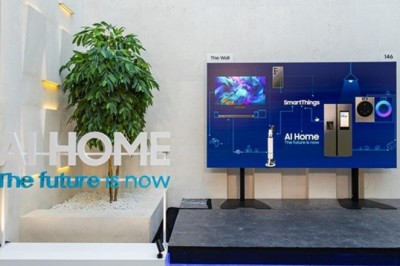
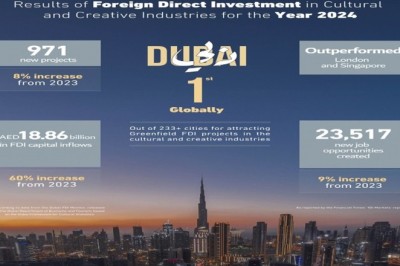
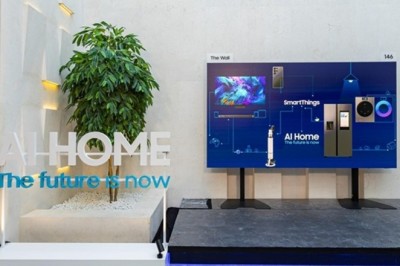


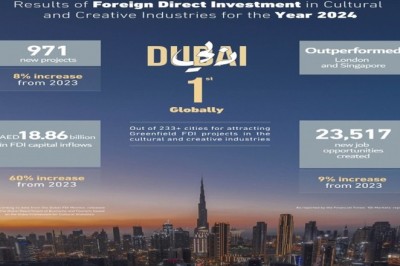
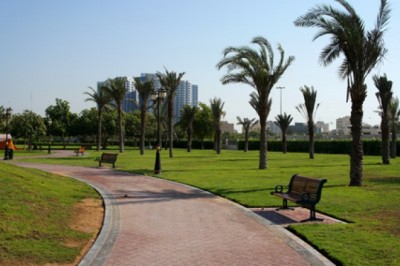



Facebook Conversations
Disqus Conversations